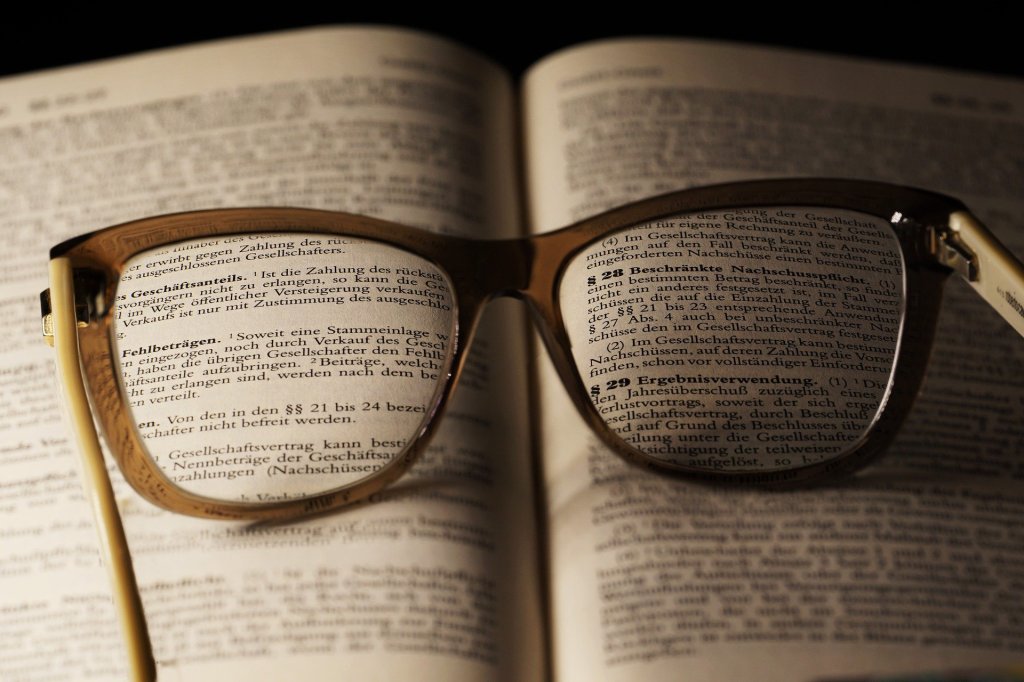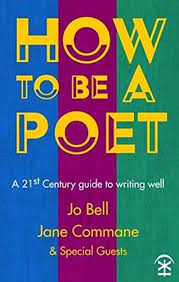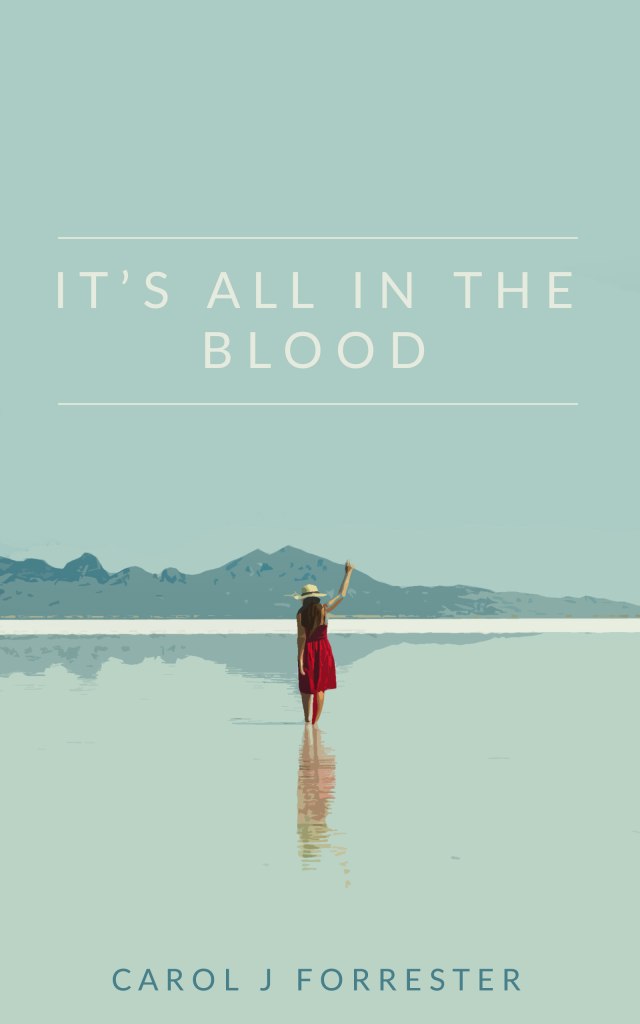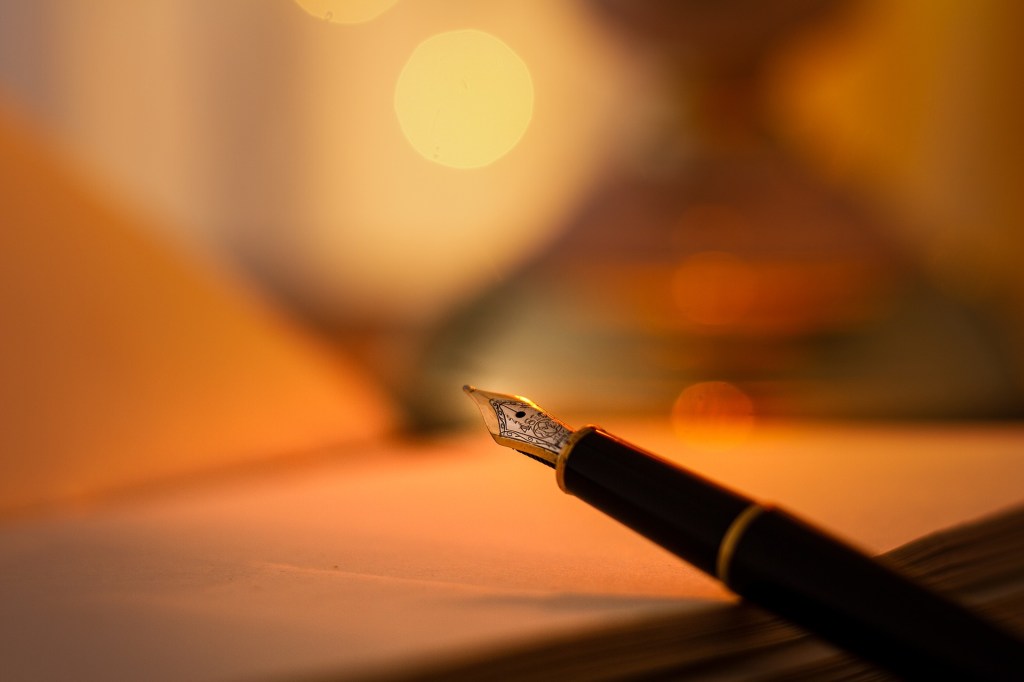Does poetry need to rhyme? I’ve touched on this topic before and received quite a bit of feedback from other poets on WordPress, more so than I would normally receive on these style of posts. It’s a conversation that sparks debate in poetry groups of Facebook as well. I notice it cropping up when poets are asked “what piece of feedback have you received and chosen to ignore.”
In secondary school, I started writing poetry and I shared one of my poems with a friend. Her response was limited to ‘it doesn’t rhyme’, and with that she declared it wasn’t really a poem. It was an experience that taught me how black and white opinions around art can be. Something is a poem, or it isn’t, and the criteria to make it so is very specific. In reality, poetry occupies a strange spectrum where the style on one end, is utterly removed from the style at the other. Everything in-between is still poetry.
So why does rhyme stick out for so many as the key distinguisher for marking poems as poems? There are lots of poets that employ rhyme in their work and use it well. Children’s poetry has a tendency to rhyme, and rhyme is used in children’s books to give the story a sing-song tone. However, most of us will have studied poems in English at school and come across works that deviate from the traditionally makeup of rhyming couplets. So why is this introduction to poetry, and rhyme so ingrained?
When we first begin to write our own poems, there can be a tendency to cling to rhyme. Instead of viewing rhyme as a tool, it becomes a requirement. Words are shoe-horned in to make a rhyme scheme work, often at the expense of the poem. This is both an issue of vocabulary, and of putting emphasis on structure over content. Form, can twist a poem out of its natural shape by turning the poet’s focus towards syllable counts, repeating refrains, or rhyme schemes. This might not necessarily lead to bad poetry, but it can lead to bland poetry.
On the flip side, form can encourage a poet to view both their topic, and their choice of words differently. In her chapter on form in ‘How To Be A Poet’ (published By Nine Arches Press), Mona Arshi tells the reader that form can be liberating. She explains that form needs to be able to justify its existence in a poem, and I think she had the right of it. When reading comments, I find readers providing means that I’d never considered, to lines I’d written. I penned the poem, but I can’t account for what others will draw out of those words. However, those same lines still have meaning for me as well. I will have chosen specific words, because they best embody the thought I want to give voice to.
Experience, and practice help when it comes to judging if you’ve fallen into the trap of letting form take over the poem. These days I ask if I’m writing something because it sounds poetic, or because it is genuinely a good metaphor for my point. Am I using a word because it creates a rhyme in the poem which seems poetic, or can that word stand up for itself within the poem. Would another word that didn’t rhyme encompass what I was saying better, or worse?
In short, the answer to the question, ‘does poetry need to rhyme’ is no. Poetry does not need to rhyme. We do not need to banish it for poetry either.
If you are starting out, and have only just put pen to paper, then firstly congratulations! Secondly, put down this blog post and go and read poetry instead. Read journals, read pamphlets, read collections. Find local poets, and award winning writers to fill your bookshelves, and make use of the poetry section at your local library. If there is something you really want, but your library doesn’t have it, fill in one of those nifty requests to see if they can get it. Go to events and hear other poets reading. Maybe speak to them afterwards and ask them about their work. Do not spend too long reading blog posts, and books on the how-tos of writing. While it can be inspiring, it can also leave you trapped in a swamp of rules that make writing poetry seem an impossible task. Poetry is first and foremost, a personal craft.
Rhyme, and form are topics which I am still learning to navigate. More often than not, I set out to write a poem with a fixed rhyme scheme and end up bashing my head against the keyboard. It’s not good for my head, or my laptop. In March, The Alchemy Spoon made their submission theme ‘form’ which initially seemed like a fantastic opportunity. I’ve written in form before. There’s a pantoum in my collection, I gifted my husband a fib for fixing my computer back before we were dating (if that didn’t warn him of the weirdness to come then I don’t know what would have). I repeatedly return to sonnets like a masochist. I will agree with Mona Arshi that there is a liberation in completing a form poem and finding that it works. There’s a satisfaction to it. But completing the poem if the part where I most often fall down.
Take The Alchemy Spoon submission call for example. I was going to write a villanelle. I had four poems that keep returning to me from various journals, and following a piece of advice advice (this time from Jo Bell and Jane Commane) I tried those poems out in a different form. Villanelles were a flop (at least so far), so I returned to pantoums in the hopes of recapturing the old inspiration that brought ‘Bloom’ into being. That was more successful, but only marginally so. In the end I submitted a single poem to The Alchemy Spoon and didn’t attempt any other forms. What had started off as excitement, dissolved into crushing anxiety. ‘Why?’ Well I realised that my knowledge of forms was spotty at best. I sort of knew how to write a few types, but the thought of writing a poem with a form as complex as a villanelle froze me before I could get ink on the page. It seemed too complicated. I was ready to quit before starting.
I think my problem was rooted in an attempt to write form poems as part of a submission month. Trying to write to a fixed deadline always adds pressure, and sometimes I can rise to the challenge, but other times it gets on top of me and I end up wallowing in disappointment and regret. Silly really, as the only one creating the expectations is myself. I need more practice when it comes to writing in form, but that practice needs to be at my own pace and without the threat of a submission window closing on my half-finished poems.
As I’ve learned more about how I write poems, my relationship with fixed form has changed. I’ve meandered away from “form is a prison for poets”, towards “form is something to free the poet’s imagination”. Poetry, and poets, cannot by lumped together as one thing. While one style of writing will suit some, it won’t work for the next poet in line at the inspiration store. The fantastic Brenda Read-Brown (who I mentioned in my post about performing poetry) kindly offered her own insight into to dilemma of rhyme in poetry:
“For a spoken word audience, rhyming is like a tour guide, a signpost or a walking stick – it helps them along the way as they keep the poet company. But for poets who are starting out, it’s a trap, a minefield…it’s so easy to write a bad rhyming poem (especially if you include part rhymes), and so difficult to write a good one. I often find that my humorous poems rhyme, and my more serious ones don’t so much, but of course there are no rules. What’s important to me is that a poem helps us to look at things differently.”
Brenda Read-Brown
Brenda touches on how rhyme can often change the tone of a poem. Children’s poetry, and humorous poetry carry rhyme well. It can be worked into the piece without changing the pacing, and can add a whimsical element to the reading. If you’re trying to write a poem about your darkest hour, or a difficult life experience, then whimsical is maybe not the tone you want to aim for. (Or it could be, I can’t say how you may want to tackle those subjects and you could end up writing a phenomenal, whimsical piece that carries weight and gravitas.)
Brenda says, that an important part of a poem is that it can help a reader look at things differently. I believe a good poem, will also give the reader a little bit more each time they read the poem through. Collette Bryce’s poem ‘One’ is the first poem in ‘Adventure In Forms A Compendium of Poetic Forms Rules & Constraints’ (Edited by Tom Chivers). It took me three readings, before I felt as if I had found the core of the poem. On my first reading, it felt clunky. Going back over the lines, I realised that each word, each phrase was carefully crafted. By the end I felt as if I knew the exact emotion that Bryce was trying to convey, and I was amazed by how well she had articulated it. I began thinking of the words we use with those around us, and how sometimes a phrase can become so ingrained in a person that you cannot use it elsewhere without thinking of them.
The poem is a skinny villanelle. I’ve not been able to find what makes it ‘skinny’. The anthology does not go into detail on the technicalities of each form, and instead leaves the reader to find that information for themselves (annoyingly in my opinion).
A poem is a poem because you say it is. Before now, I have argued that meter defines a poem. I would still argue that effective use of meter is important for a good poem, but poetry has long been outside of the hands of those of us who write with the intention of publishing. I am going to leave you with the recommendation to check out Collette Bryce’s poem. I will be going off to try and solve the mystery of ‘what is a skinny villanelle?’
P.S. Answers in the comments would be appreciated.






A work must have some minimum requirement to qualify as a poem, or the term poetry becomes meaningless. Because of the reasons you have pointed out, I have always wondered what is the minimum requirement if it is neither rhyme nor meter
We could get caught up in the definitions of things so easily. While I will always offer an honest opinion on someone’s work if asked, personally I’ve decided it’s not worth debating if something counts as poetry. Of course it would be a different matter if I was judging for an anthology, or a competition. Though I suppose there would be no pushing of boundaries, or experimental art, if rules did not exist in the first place.
Clearly poetry needs to do something to distinguish it from prose – rhyme being one such thing, though a seemingly unsophisticated thing in many eyes. But it has to be more than prose with line breaks, or just a steam of though thrown at the page. Strict rules of form, on the other hand, can be something of a straight-jacket to creativity.
Looking at a the words on the page some of us might see poetry and others might not. It is, perhaps, a very personal thing for both writer and reader. The same can apply to other art forms, I think. Even those of us who recognise the work of Jackson Pollock as art struggle to explain why we do.
I think that the true nature of art is that it conveys a message that could not be conveyed in any other way, and if one tries to dissect it, to examine it’s workings, the message vanishes.
We examine and dissect art all the time as writers, and artists surely? It is part of how we learn and improve, by understanding how someone else used a technique and then taking that knowledge into our own work.
You are right, I suppose, but I’m not sure that this is a conscious and quantifiable thing. I don’t see it as a reverse engineering thing. I think it is more of an experience in absorption – the artistic work of others that impacts us deeply somehow penetrates us and becomes part of us. ‘Technique’ is important, of course, but in some ways it is the antithesis of art.
Really enjoyed the read,, thank you..
I don’t like the constraints of rhyme, I tend to use assonance and consonance instead.
In this practice you may find you have a lot more freedom, having a larger pool of words to choose from.
Here is an example of how I use it
In valleys ther,
I’ve made my fix,
An effigy of Earth ‘n’ wax,
With fire, song and timely twigs,
Onto thee burning embers cast.
Rhyme is very hard for me to do well, but I enjoy reading both rhyming and non-rhyming poetry. For me, a poem must simply convey a feeling.
[…] & Redrafting Poetry Part Three – Performing Poems For An AudiencePart Four – Does Poetry Need To RhymePart Five – Writing About Real […]